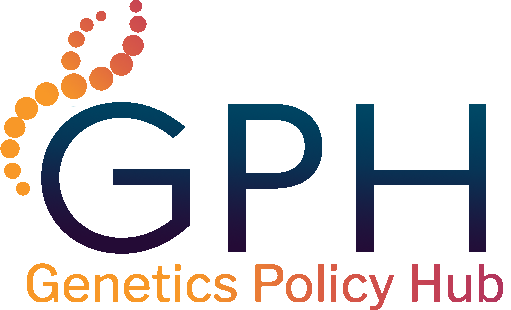From 2004 to 2024, the Health Resources and Services Administration (HRSA) funded the National Coordinating Center for the Regional Genetics Networks (NCC). NCC developed and maintained the Genetics Policy Hub.
With the conclusion of NCC funding, the Genetics Policy Hub (GPH) will no longer be updated or maintained. Information on GPH should be used for historical reference only.
Adoption and Genetic Testing
Updated On Sep 19, 2024
This information is meant to be used for educational purposes to inform providers, patients, and genetic service delivery stakeholders about genetics policy topics. Sharing of information, resources, or policy statements is no way an endorsement of stated positions by NCC.
Introduction
Genetic testing can have both short- and long-term implications for the individual being tested, and their families. Thus, concerns have been raised over the appropriateness of using genetic testing in the adoption process, and who has the right to those test results.
To see what ethical and policy concerns there are in adoption, researchers explored the experiences of 20 professionals working in adoption services with genetic testing in adoption; Some questions raised in this discussion include:
- Is it appropriate to broadly perform genetic tests on potential adoptees who have no medical concerns?
- Is it appropriate to perform genetic tests on potential adoptees for conditions that do not occur until adulthood?
When making decisions on allowing or disallowing genetic testing in potential adoptees, policy makers must weigh the rights and needs of the birth family, the adoptive family, society, and the child.
In the UK these questions were raised when the agency caring for a 15-month-old child in foster care wanted to do genetic testing before placing him up for adoption. The baby had a 50% chance of having the genetic condition multiple endocrine neoplasia type 1 (MEN1), which is associated with tumors of the endocrine (hormone-producing) glands. A discussion of the ethical considerations around that case can be found here.
Legislation and Regulation
At this time, there are no federal laws or regulations pertaining to genetic testing in the adoption process.
Are you interested in learning what your state’s government or the federal government are currently proposing for either legislation or regulation? Check out Legislative/Tracking system for up-to-date information and subscribe to our Twitter channel to get the latest updates in your pocket.
Policy Positions
Organizations working within the genetics community (national genetic organizations, advocacy organizations, etc.) have published positions on adoption. Explore these position statements below.

